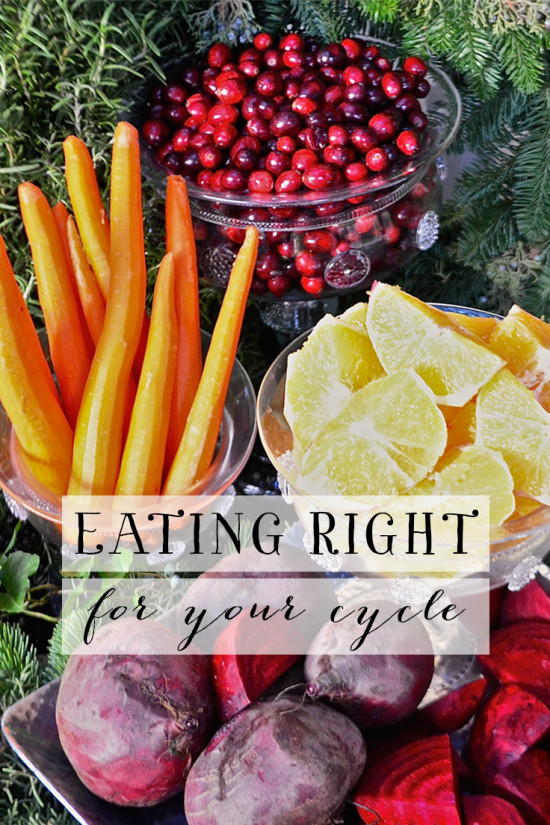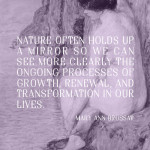Did you know that you could have a powerful effect on your hormonal health through your diet?
What you put into your body greatly affects your hormonal balance. As your hormones shift and change throughout your cycle, you can find ways to support your body’s natural rhythms, optimizing your energy and minimizing the negative effects of hormonal swings like PMS.
Here are some of the key points I’ve learned on my own journey toward hormonal balance and overall well-being.
Kick Your Coffee/Caffeine Habit
I know this first one might be startling or impossible to consider, but here are the facts. Not only do women metabolize caffeine much differently than men, but also women are prone to endocrine and hormonal disruption. When we have a caffeine crash, our bodies draw energy to focus on maintaining itself in a hypoglycemic state, directing attention away from our ovaries and their important role of hormonal balance.
As you know, caffeine can also disrupt sleep, which is imperative for maintaining hormonal health. “Coffee depletes magnesium, B vitamins and other nutrients and minerals that are vital for hormones” (source).
If you can’t kick the habit, see if you can lower your intake, only drink coffee with meals, and stay away from added sugar.
When I stopped drinking caffeine, I experienced the total elimination of bloating before my menstruation as well as drastic reduction in PMS and premenstrual breakouts. Not to mention, I sleep better!
Pay Attention to Important Vitamins and Nutrients
Sometimes life can get so full that we stop keeping track or paying attention to what we’re consuming. We know that eating whole, unprocessed foods is important, but having a diet that is balanced with appropriate amounts of protein and other nutrients is equally important and can have a big impact on our overall health and hormones.
As one example, “a study that followed more than 3,000 women and was published in 2005 in the Archives of Internal Medicine showed that a high intake of calcium and vitamin D [reduces] the risk of getting PMS” (source). The daily recommendation of calcium is 1000–2000 mg that can come from various sources, including vegetables and dairy.
This is just one example, but balancing your diet can have a significant impact on bringing balance to your hormones. If you’re able, talk to your doctor or a nutritionist about what is right for you. They may perform tests to see where your body is deficient in nutrients and then recommend ways to increase these areas.
Eating for Each Phase of Your Cycle
New research is showing that you can support each phase of your menstrual cycle by eating certain foods that promote optimum hormonal health during each week. (Note: Not sure when each phase begins and ends? Read “Charting Your Cycle.”) Here is a sample menu from FloLiving of foods that promote optimal hormonal health throughout each phase due to their inherent characteristics.
- Follicular phase (before you ovulate, after your period)
Fish, eggs, vegan proteins, honey, artichoke, broccoli, carrot, parsley, green peas, string beans and zucchini - Ovulatory phase (when you’re ovulating)
Fish, eggs, vegan proteins, strawberries and figs, asparagus, brussels sprouts, chard, escarole, scallion, spinach - Luteal phase (after you ovulate, before you have your period)
Poultry, bison, lamb, cauliflower, collard greens, daikon, onion, parsnip, radish, squash, sweet potato - Menstrual phase (your period)
Poultry, bison, lamb, avocados, beet, kale, kelp, mushrooms
For those of us struggling with hormonal imbalance, the sky is the limit with what we are able to do to effect change and create balance naturally. Paying attention to everything I’ve mentioned here can really create a lifetime of benefits by alleviating the symptoms of imbalance, such as PMS and fatigue.
Below are links to further reading on the topic.
Sources / Further Recommended Reading:
“The Wild Genie” by Alexandra Pope
“WomanCode” by Alissa Vitti
“Taking Charge of Your Fertility” by Toni Weschler
We are meant to be well!
Warmly,
Hannah






